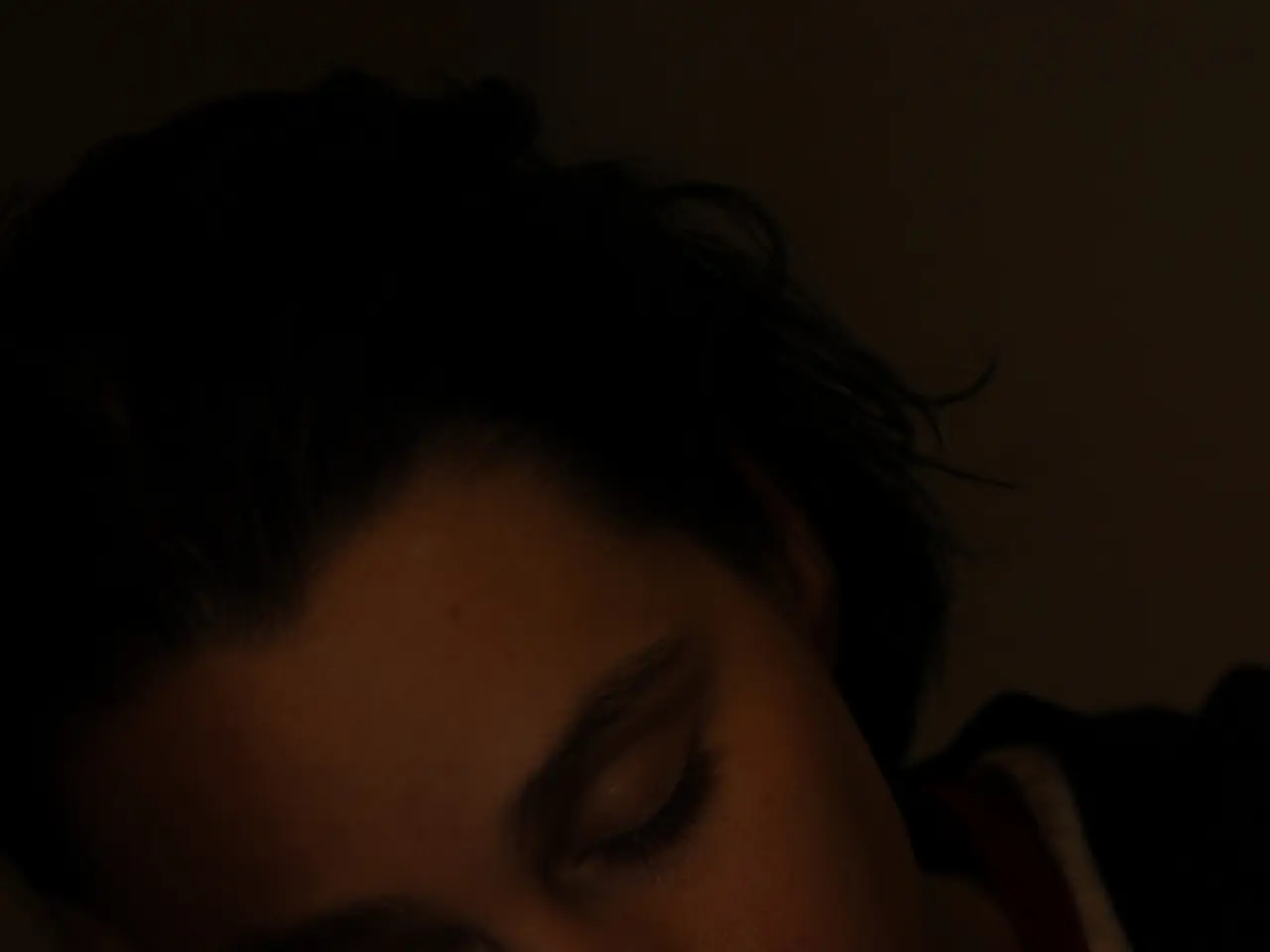Melatonin as a Sleep Aid: Dosage, Potential Adverse Effects, and Its Mechanism
Melatonin, a hormone naturally produced by the body to regulate sleep-wake cycles, has been a topic of interest for parents and healthcare professionals alike, particularly when it comes to its use in children. Here's what you need to know about melatonin in children, its benefits, potential risks, and recommended usage.
While melatonin is generally considered safe for short-term use in children, its long-term effects, especially in children, are not fully understood. Animal studies have raised concerns about potential effects on puberty, but these concerns have not been confirmed in human studies.
One area where melatonin has shown promise is in improving sleep patterns in autistic children. Studies have shown that melatonin can significantly improve sleep, leading to better daytime behaviour and emotional regulation. However, it's important to note that the effectiveness of melatonin can vary and may diminish over time, necessitating adjustments in treatment plans.
When it comes to dosage, choosing the right melatonin dosage for children can be challenging. In Canada, typical doses range from 0.75 mg to 1 mg for children younger than 6 years, 1.5 mg to 3 mg for older children, and 5 mg to 10 mg for adolescents. It's crucial to start with the lowest effective dose and only use melatonin under medical supervision in children.
It's also worth noting that many over-the-counter melatonin products are not well-regulated, and their use should be approached with caution. Prescription-based melatonin is recommended for safer use in children.
Although there is no evidence to support the use of melatonin in children younger than 2 years, it may help with a wide range of sleep issues in older children, including insomnia, shift work sleep disorder, and sleep problems. Melatonin supplements may help people sleep longer and fall asleep more quickly.
However, potential side effects include headaches, nausea, dizziness, and irritability. These side effects are more common at higher doses or with prolonged use. Concerns have also been raised about melatonin affecting hormonal development, such as puberty and prolactin secretion, though these are not well-documented in children.
It's important to note that melatonin might increase the risk of seizures, but other studies have found that it may lower this risk. People with seizure disorders or a family history of seizures should consult a doctor before trying melatonin.
In terms of usage, melatonin is best for children to take between 30 and 60 minutes before bedtime. Taking melatonin earlier in the evening or reducing the dosage may help a person wake up feeling refreshed.
In conclusion, while melatonin can be beneficial for short-term sleep issues in children, its long-term use should be carefully monitored by a healthcare professional due to limited information on prolonged effects. It's always best to consult a doctor before starting any new supplement regimen for children.
- A hormone named melatonin, which regulates sleep-wake cycles, is frequently discussed in the health-and-wellness and mental-health circles, especially in relation to its application in children.
- Melatonin has shown promise in enhancing sleep quality in autistic children, leading to improved daytime behavior and emotional management.
- When deciding the appropriate melatonin dose for children, it is essential to begin with the lowest effective dose, and it should only be used under medical supervision.
- Prescription-based melatonin is recommended over over-the-counter products due to the lack of regulation in the latter.
- While there is no evidence supporting the use of melatonin in children under the age of 2, it may aid in resolving sleep issues in older children and could help people sleep longer and fall asleep faster.
- Potential side effects of melatonin use include headaches, nausea, dizziness, and irritability, which are more likely at higher doses or with prolonged use. Additionally, concerns about melatonin impacting hormonal development, such as puberty and prolactin secretion, have been raised but are not well-documented.
- Individuals with a history of seizures or a family history of seizures should consult a doctor before trying melatonin due to the potential risk of increased seizures. Melatonin is best administered to children between 30 and 60 minutes before bedtime for optimal sleep improvement.




